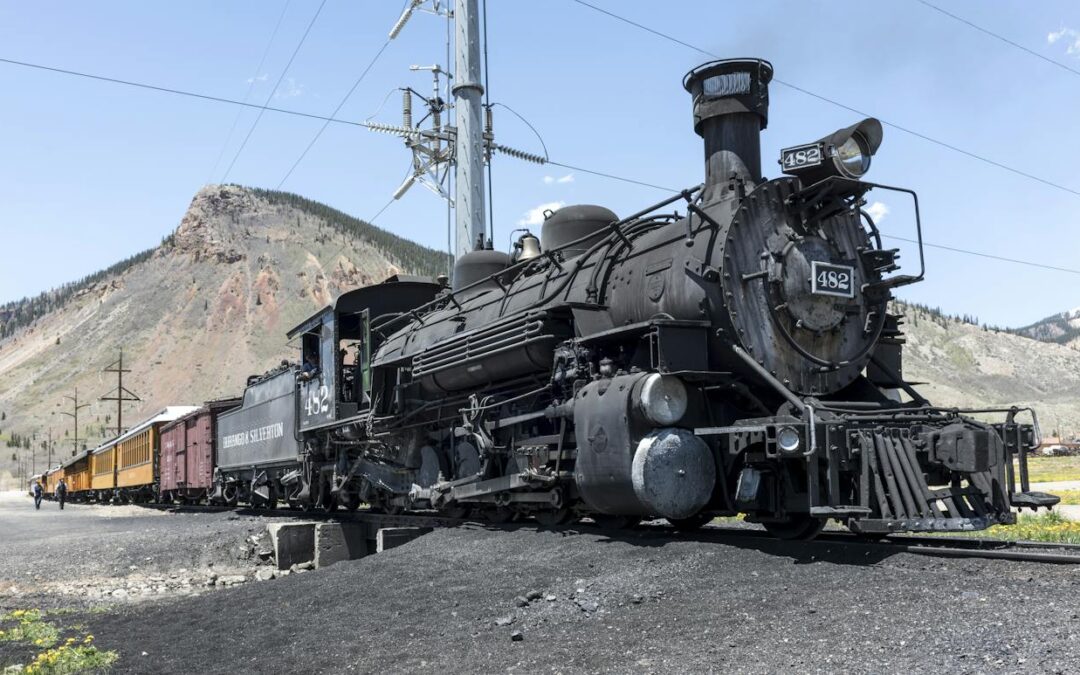
by Tim Coffield | Mar 12, 2024 | FLSA, Insights, Minimum Wages, Misclassification, Overtime, Supreme Court Cases, Wages
In Bartels v. Birmingham, 332 U.S. 126, 67 S. Ct. 1547 (1947), the Supreme Court held that members of musical bands were employees of the bands’ leaders, rather than of the operators of the dance halls where the bands played, within the meaning of the Social Security...

by Tim Coffield | Feb 6, 2024 | FLSA, Insights, Overtime, Supreme Court Cases, Wages
In Citicorp Indus. Credit, Inc. v. Brock, 483 U.S. 27, 107 S. Ct. 2694 (1987) the Supreme Court held that the Fair Labor Standards Act’s prohibition on selling “hot goods” applies to secured creditors who acquire the goods pursuant to a security agreement, even when...

by Tim Coffield | Nov 13, 2023 | FLSA, Fourth Circuit Cases, Insights, Retaliation, Wages
In Darveau v. Detecon, Inc., 515 F.3d 334 (4th Cir. 2008), the Fourth Circuit held that an employee could be protected by the anti-retaliation provision of the Fair Labor Standards Act when a former employer responded to the employee’s overtime lawsuit by filing a...

by Tim Coffield | Sep 18, 2023 | FLSA, Insights, Minimum Wages, Misclassification, Overtime, Supreme Court Cases, Wages
In United States v. Silk, 331 U.S. 704 (1947), the Supreme Court applied a multi-factor test for determining whether workers were independent contractors or employees. The case is important because, inter alia, these “Silk factors” came to be applied in cases under...

by Tim Coffield | Jul 28, 2023 | FLSA, Insights, Misclassification, Overtime, Supreme Court Cases, Wages
In Rutherford Food Corp. v. McComb, 331 U.S. 722 (1947), the Supreme Court held that the meat boners working in a slaughterhouse, who worked under a contract, owned their own tools, and were paid collectively based on their production, which pay they divided among...

by Tim Coffield | Jun 7, 2023 | FLSA, Insights, Misclassification, Overtime, Supreme Court Cases, Tim Coffield Attorney, Wages
In Goldberg v. Whitaker House Co-op., Inc., 366 U.S. 28, 81 S. Ct. 933, 6 L. Ed. 2d 100 (1961), the Supreme Court held that members of a knitting cooperative who performed “homework,” were paid on a piece-rate basis to make items for the co-op, and who were subject to...







